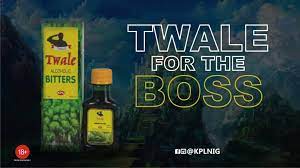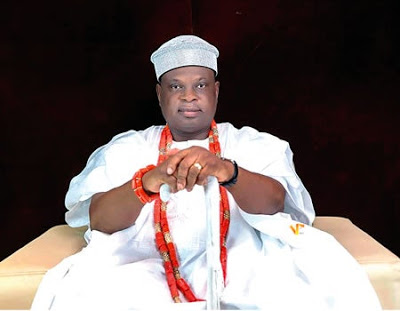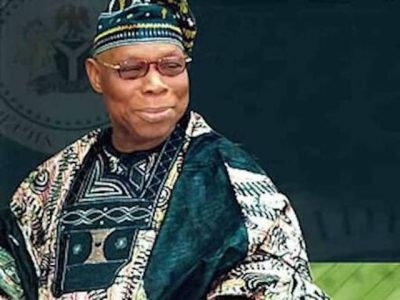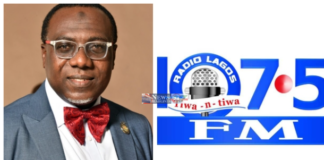U.S. banking giant, JP Morgan, is being sued by the Federal Republic of Nigeria for $875million (N315 billion) in the London courts over its alleged failure to block payments made from a massive oil deal that is subject to a string of international corruption investigations, Premium Times NG has reported exclusively.
The Nigerian state quietly issued a civil claim in the High Court in late November, arguing JP Morgan had been “grossly negligent” when it was the banker to a previous government.
The claim, which has been sanctioned by Nigeria’s attorney-general and seen by a PREMIUM TIMES’ partner, Finance Uncovered, alleges JP Morgan did not act “with the reasonable care and skill to be expected of a bank in compliance with the laws of England and Wales” when it authorised enormous payments resulting from an oil deal in 2011.
There was an “abuse of the banking system”, the claim adds.
The notorious deal, known as OPL245, involved Shell, Italian oil company ENI, a convicted money launderer and the government of former Nigeria president Goodluck Jonathan.

Nigeria alleges JP Morgan “could and should” have done enough reasonable due diligence to discover the deal involved the “misappropriation” of up to $1.1 billion from state coffers.
It is demanding that the bank repay $875 million it paid out to the money launderer, plus interest, and to account for the rest.
According to leaked FBI documents seen by Finance Uncovered, the money was later used to buy a private jet and armoured Cadillacs in the U.S., fine art and luxury shotguns in London, and allegedly to pay a series of kickbacks to various officials.
Asked to comment on Nigeria’s court move, a JP Morgan spokeswoman said: “The firm considers the allegations made in the claim to be unsubstantiated and without merit.”
The bank has until the end of March to file its defence.
The claim stems from a wider drive by President Muhammadu Buhari to recoup massive sums he believes were syphoned out of Nigeria by previous regimes.
![Shell and Eni photo used to illustrate the story. [Photo credit: THISDAYLIVE]](https://i0.wp.com/media.premiumtimesng.com/wp-content/files/2017/12/Shell-and-Eni.jpg?resize=600%2C338&ssl=1)
The claim against JP Morgan centres on the prospecting licence OPL245, an untapped Nigerian offshore oil and gas block that is estimated to contain enough crude to power Africa for a decade.
During the last weeks of the General Sani Abacha’s military dictatorship in 1998, the then-oil minister, Dan Etete, awarded the licence to a week-old shell company called Malabu which subsequent legal action would reveal he co-owned with Abacha’s son.
The ownership of the licence then became the focus of years of legal and political disputes involving different Nigerian regimes, Malabu and oil giant Shell, which also believed it had a claim.
While Mr. Etete was negotiating with Shell, Eni and the Nigerian government to sell the licence in 2010, he was convicted of money laundering in an unrelated case in France.
This did not stop the OPL245 negotiations and in May 2011, a deal was struck.
It involved a series of back-to-back agreements. In the first, Malabu would surrender all rights to OPL245 to the Nigerian government in exchange for $1.1 billion.
And in parallel, Eni and Shell agreed to transfer a total $1.3 billion to the Nigerian government in exchange for OPL245.
According to the claim filed in the High Court, Nigeria’s lawyers argue that “for this transaction to succeed, it was necessary to involve the Defendant [JP Morgan]”, which was asked to set up a number of accounts.
The system of new bank accounts “in and of itself should have alerted [JP Morgan] to the illicit movement of funds which it was to facilitate,” the lawyers say.

They argue JP Morgan “should…have realised that the accounts were part of a scheme designed to syphon off funds.”
The Nigerian state also says that JP Morgan’s bankers should have been further alerted by what happened over the next three months.
Once Eni and Shell had paid the money over, but while it still sat in JP Morgan, a feeding frenzy erupted as two “fixers” to the deal rushed to courts in New York and London claiming that Etete owed them each a substantial cut of the $1.1 billion.
The litigation, which dragged on into August 2011, pulled in JP Morgan as a respondent and resulted in more than $200 million being frozen.













